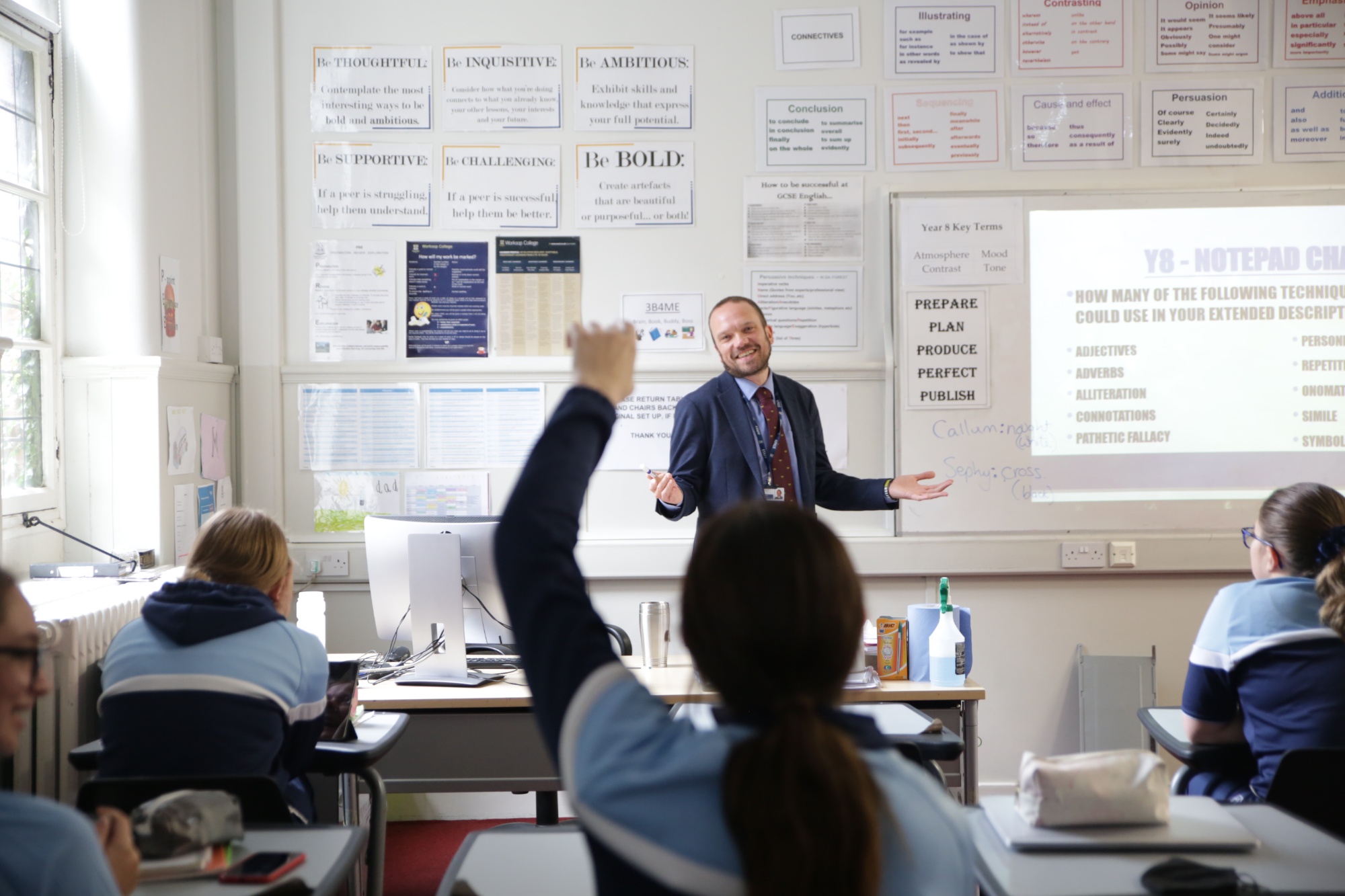
October marks Black History Month, a month which offers everyone the opportunity to celebrate and understand the impact of black culture and heritage. As the first week draws to a close, we decided to catch up With Mr Sackey-Ambler, Head of English at Worksop College, to find out what the English department had been up to.
Tell us about the books you are studying this month in the English department.
Some of the books we’re studying this month are Ghost Boys by Jewel Parker Rhodes, The Mzungu Boy by Meja Mwangi, Freedom by Catherine Johnson and The Deep by Rivers Solomon. Ghost Boys is an engrossing, emotional and sadly necessary book about grief, bias and justice that tells the story of a 12-year old black boy killed by a white police officer. The Mzungu Boy looks at the dualities of good/evil, friendship/animosity and light/dark in colonial era Kenya. Freedom follows the fictional Nat Barratt, a slave attempting to run away from his subjugators who meets several non-fictional characters in 18th century London. The Deep explores history, grief, pain and hope by following Yetu, the Historian for an underwater society descended from the unborn children of drowned pregnant slaves.
What responses have you had from the students when studying these books?
Any thoughtful student can’t help but reflect on the content of these books. Our aim in English isn’t to make people think or feel a certain way but to allow them the opportunity and physical/mental space to consider the actions, events, settings, characters and themes of these novels. By doing so, hopefully they become more sympathetic and contemplative.
Why do you think it’s so important for us to celebrate Black History Month in our English lessons?
For too long, Black History has been ignored by British educators, or contextualised in such a way as to promulgate the myth of white superiority. It is important to realise the wealth and ‘success’ of Great Britain was built on the conquest and suppression of different ethnic groups and the legacy of these actions is still in effect today. Only those of us with enough privilege can opt to think this is not significant. It is right to challenge these people.
Are there any other ways our students could get involved to celebrate Black History Month?
Last year’s Black History Month poetry competition was a great success; students can take part in this year’s competition too. Student’s enjoying novels linked to Black History Month in English should find other, similar books: they can always ask their teachers for recommendations! Also, as Black History should be part of the curriculum all year round, students can expect to be asked to read other Black stories throughout their course.

